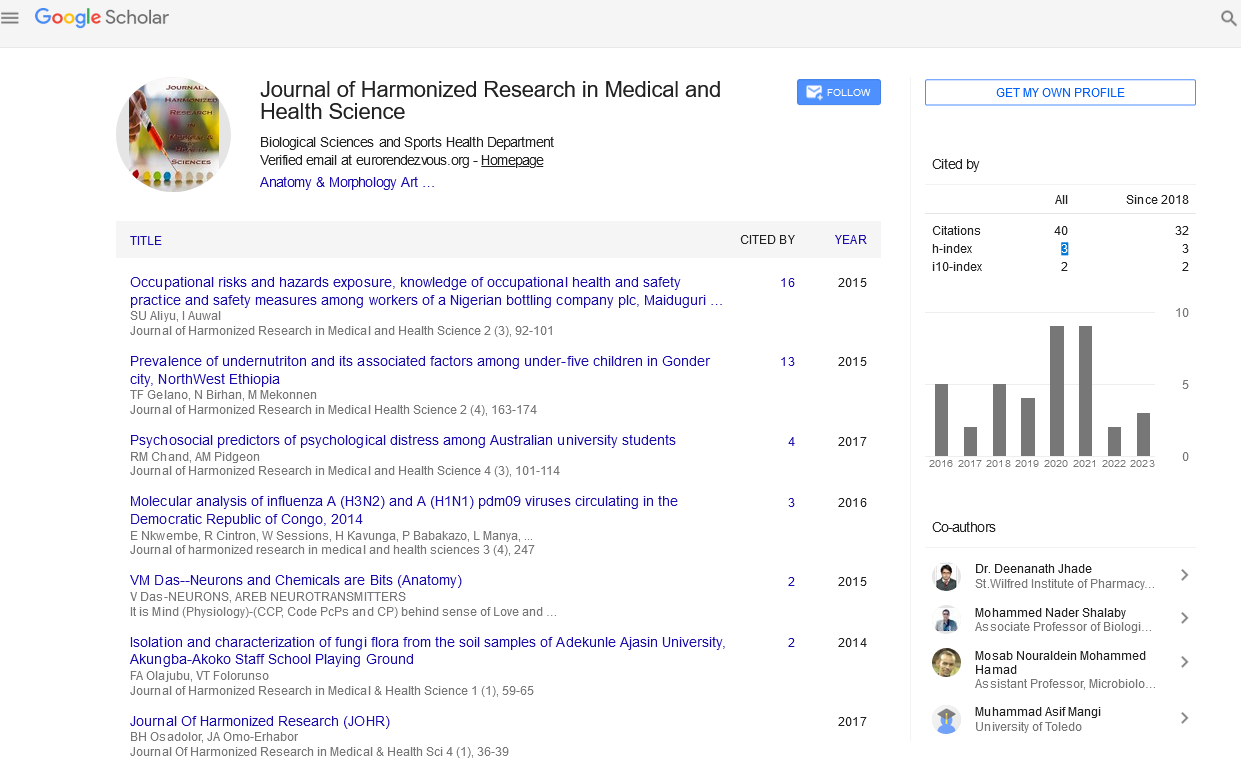ATRIAL FIBRILATION MIMICKING ACUTE RENAL REJECTION
Abstract
Author(s): Mehmet Fatih Yüzbasioglu, Hatice Güzel, Arzu Tuna, Gülay Oyur ÃÂelik, Sezgin Topuz, Alper Boz
Purpose: Atrial fibrillation in renal transplant patients is a cardiac pathology that should be treated. A year ago, the patient underwent cadaveric transplantation. The patient was discharged normall y. During the 1-year follow-up period no rejection was observed. However, the patient was hospitalized because of the 3.3 mg / dL creatinine value in the first follow-up year Material and method: Pulse steroid therapy was initiated with pre-diagnosis of rejection. Beta blocker therapy, due to the high value of creatinine, started low dose because the patient had ECG in atrial fibrillation. On the second day of the treatment, the patient requested Dopler USG. It was stated that the residual index (RI) value was slightly increased when the posterior artery and vein were open. In the meantime, due to the lack of urine output and the increased potassium value of the patient, nephrology has planned dialysis treatment. But the patient did not accept the dialysis treatment. The patient was scheduled for a biopsy on the third day of the pulse steroid, assuming no response to treatment. Cardiac enzymes, ECG and cardiology consultation were requested on the patient with severe respiratory distress and retrosternal pain due to increase in volume load and exacerbation of atrial fibrillation. It is recommended that chronic atrial fibrillation needed full-dose Beta blockers in the acute phase if there was not an obstacle Findings: Treatment of cardiology has begun. Effective therapy resulted in patient fibrillation to normal rhythm. On the next day, the patients creatinine level reached 1.4 and the urine output increased to normal level. The patient was discharged after 1 week. Conclusion(s): It should be remembered that patients with atrial fibrillation may have increased creatinine levels due to hypoperfusion. Early and effective treatment is important.










